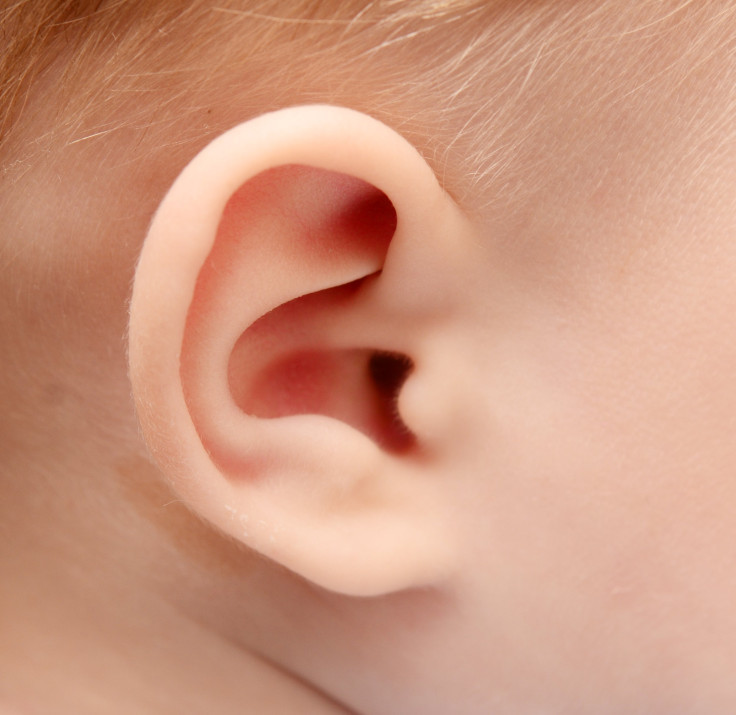Deaf Toddler's ABI Successful On Second Go Around; 2-Year-Old Alex Frederick Hears Sound For The First Time

Last year, at 17 months old, Alex Frederick became the youngest-ever recipient of an auditory brainstem implant, a device that would allow the deaf child to hear. Today, the once premature deaf newborn is now a healthy, hearing toddler. Still, it’s going to take regular visits with an audiologist before the toddler truly comes to terms with his new sense.
Alex Frederick was born two months early and was found to have heart problems, be visually compromised, and completely or near completely deaf. Unfortunately, due to the irregular structure of his inner ear, a cochlear implant was not a choice, ABC News reported. That was when his parents first learned of the auditory brainstem implant, or ABI. An ABI is capable of providing a sensation of hearing to those who are deaf due to auditory damage. “ABI surgery in the child ... who cannot get a cochlear implant can result in meaningful sound awareness and speech perception with time, but it takes work," Dr. Daniel Lee, a surgeon part of the team of specialists who implanted the device into Alex’s brain last year, told Nightline.
At first, the surgery seemed to be a success, but a bump on the head a few weeks ago broke the speech processor and damaged the surgically implanted plate that holds the device in place. Earlier this month, it was decided that the young boy would undergo a five-hour “revision” surgery to have the device completely re-implanted. Frederick’s father Phil Frederick informed Nightline that today, only weeks following the intensive surgery, young Frederick is doing well. “Not trying to jinx things, but he is healing faster than last time,” the father said.
Although the surgery was successful, it would still take several weeks before the ABI device would be switched on. It took a doctor slamming her keys on the side of her desk for the young boy to first make the connection with sound, ABC News reported. Now the young boy will go through a long process of learning to decipher sounds and what they represent. Every month Frederick and his family will need to visit the Massachusetts Eye and Ear Infirmary where they doctors will test his hearing response in order to fine-tune the device now resting inside his skull.
Surgical hearing implants, such as cochlear implants and ABIs, have better reported use in younger children than older, Inside Science reported. Often as a hearing impaired individual grows older, the parts of their brain that are normally used for hearing are reassigned to different jobs. Once this happens, it is often hard to reverse.
Cognitive deficits are often associated with children who receive these implants, with reports estimated that children with implants are up to five times as more likely to have delays in memory, controled attention, planning, and conceptual learning. Due to these deficits, many feel that it would be advantageous to teach oral language alongside sign language rather than instead of in children with these implants. This is based on recent studies, which have shown that the use of sign language can improve outcomes from hearing implants



























